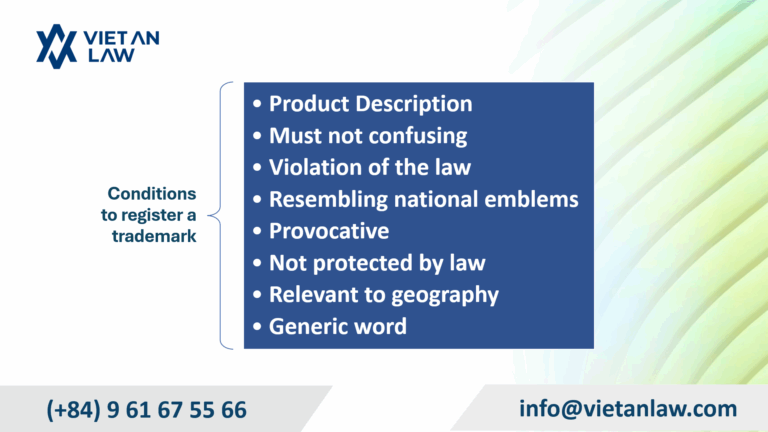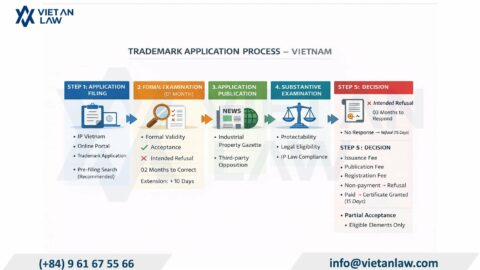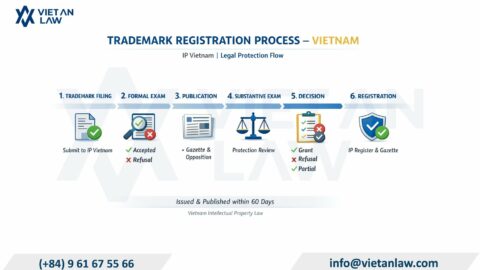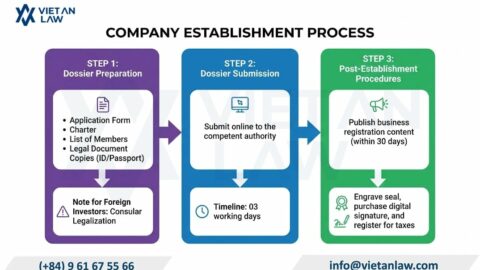(Trademark Law 2015, Law No. 8 of 2015)
Trinidad and Tobago, with its favorable geographical location, diverse culture, and growing economy, offers many attractive opportunities for businesses looking to expand their brands. Trinidad and Tobago is the economic and commercial hub of the Caribbean region, making it easier for businesses to access a wider market. Trinidad and Tobago’s developed seaport system facilitates the import and export of goods. With large oil and gas reserves, Trinidad and Tobago has a fairly stable economy, creating many business opportunities in the energy sector. The tourism industry is thriving, bringing many opportunities for businesses in the hospitality, hospitality and restaurant sectors. The combination of European, African, and Indian cultures creates a diverse and unique culture that attracts tourists and investors. The government of Trinidad and Tobago offers many attractive incentives for foreign investors, such as tax exemptions, capital and land support. The Government is investing heavily in infrastructure development, such as roads, seaports, airports, creating favorable conditions for production and business activities. Trinidad and Tobago is a potential market for businesses looking to expand their business. With outstanding advantages, this island nation promises to bring many opportunities for success for investors. Viet An Law would like to guide customers through the preliminary procedures for trademark registration in Trinidad and Tobago through the article below.
Table of contents
A trademark, except in relation to a certification mark, is any sign that can be represented graphically and is capable of distinguishing goods or services traded or offered in the course of business by a person, from goods or services traded or offered by any other person.

A certification mark is a sign used or intended to be used to distinguish goods or services traded or offered in the course of business; and certified by the owner of the certification mark in relation to the origin, materials, method of production of goods or performance of services, quality, precision or other characteristics, with other goods or services traded or offered in the course of business but not so certified.
A collective mark is a sign used or intended to be used in relation to goods or services traded or offered in the course of business by members of an association to distinguish such goods or services from goods or services traded or offered by persons who are not members of the association assemble.
The applicant can register a non-traditional trademark. The Trademark Law allows for the registration of non-traditional trademarks that are identifying signs that are not traditional letters, numbers, or images but can be sounds, scents, tactile sensations, etc. An example of a non-traditional audio brand is the roar of the MGM lion.
To file a trademark protection application in Trinidad and Tobago, you can file by the following filing methods:
If you want to file a trademark registration application in Trinidad and Tobago, please contact Viet An Law for the most effective support.




